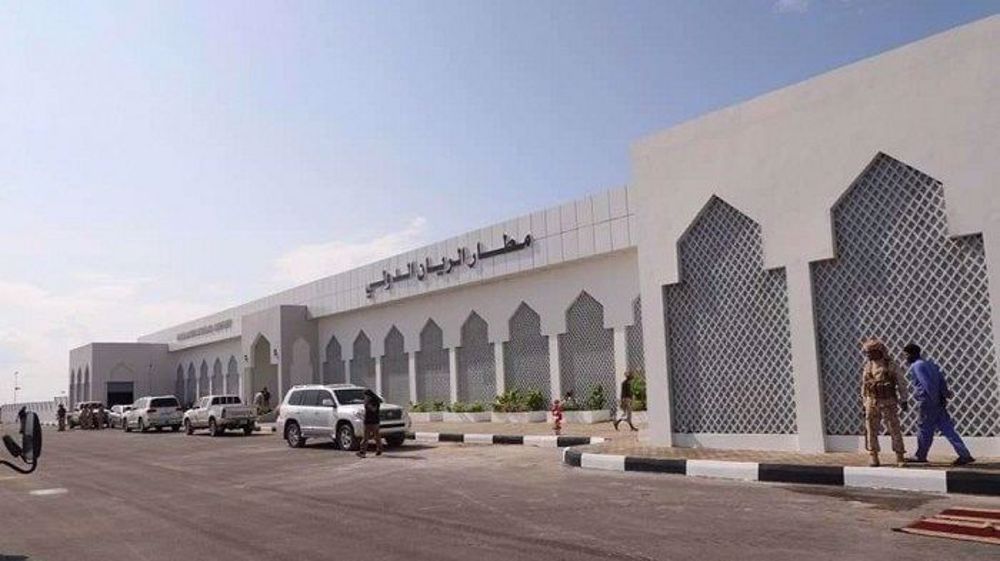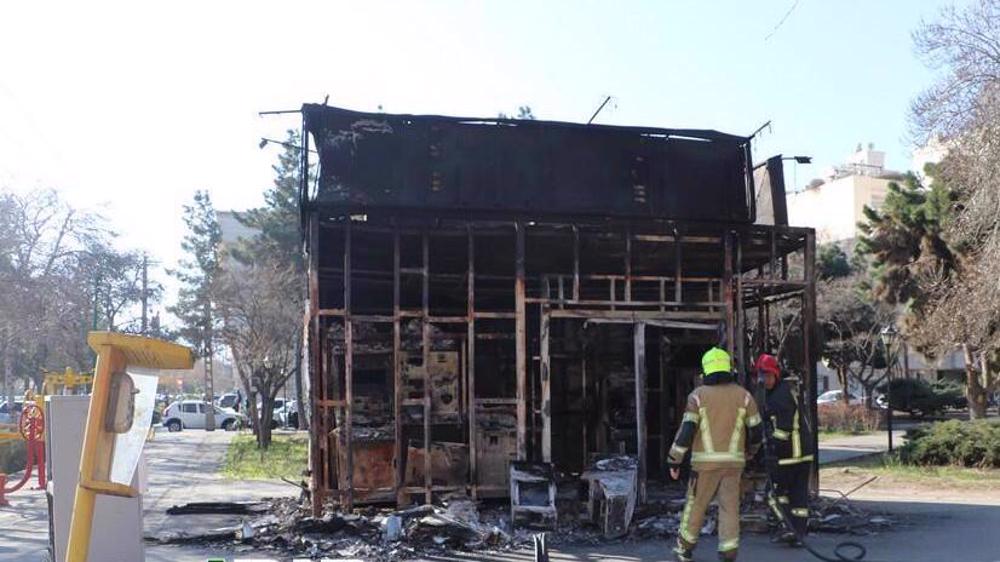Cholera infections in Yemen climb to more than 1,400 within weeks: WHO
The World Health Organization (WHO) says the number of suspected cholera cases in Yemen has soared to 1,410 ever since the outbreak of the infectious disease was declared in the conflict-plagued impoverished Arab country three weeks ago.
Tarik Jasarevic, a spokesperson for the United Nations health agency, told a news briefing in the Swiss city of Geneva on Friday that 1,410 people have been identified with cholera-like symptoms in ten provinces of Yemen, and the epidemic is concentrated in Ta’izz, Aden, Lahij, Hudaydah and Sana’a.
Cholera is an acute intestinal infection caused by ingestion of food or water contaminated with the bacterium Vibrio cholerae. It is a fast-developing infection that causes diarrhea, which can quickly lead to severe dehydration and death if treatment is not promptly provided.
Yemen's water and sewerage systems besides much of its health infrastructure have been destroyed in the wake of Saudi Arabia’s 18-month-long aerial bombardment campaign against the country.

The WHO announced in a Wednesday report that only 47 suspected cholera cases had tested positive, warning that the infection has spread beyond the capital Sana’a and affected nine other provinces.
The report added that children under the age of 10 account for half of the number of those who have contracted cholera.
Meanwhile, the United Nations Children's Fund (UNICEF) says 7.4 million Yemen children are in dire need of medical help, and 370,000 run the risk of severe acute malnutrition.
World Food Programme spokeswoman, Bettina Luescher, also urged Yemen’s warring sides on Friday to allow access to affected areas, arguing that her Rome-based humanitarian agency is constrained in providing more food to Yemenis due to a lack of funding and free movement.
“We appeal to the world to help us do our job on the ground; we appeal to the fighting sides that humanitarians can get access to more areas. You know that the situation is complicated also, infrastructure has been damaged, ports have been damaged, it is difficult to get aid in, so any help we can get is highly appreciated,” she said.
The outbreak of cholera and scarcity of food supplies in Yemen coincide with Saudi Arabia’s atrocious airstrikes against the Arabian Peninsula state.
Three civilians lost their lives on Friday when Saudi fighter jets pounded a residential neighborhood in the Baqim district of the mountainous northwestern province of Sa’ada.
An unspecified number of people were also killed as Saudi warplanes bombarded two areas in the Nihm district of Sana’a Province.

Additionally, a Saudi airstrike against a family house in At Tuhayat district of Yemen's western and coastal province of Hudaydah left one person dead and eight others injured. There were six children among those injured in the assault.
Saudi Arabia has been engaged in the deadly campaign against Yemen since March 2015 in an attempt to bring back the former Yemeni government to power and undermine the Houthi Ansarullah movement.
The United Nations puts the death toll from the military aggression at about 10,000.
Smallest coffins are the heaviest: The three youngest victims of foreign-backed riots in Iran
Hamas warns of ‘systematic Israeli violations’ as Gaza ceasefire teeters
Israeli strikes kill 11 across Gaza, including children and journalists: Palestinian medics
US forces transferring Daesh prisoners from Syria to Iraq: CENTCOM
Press TV's news headlines
Iran’s FM to Trump: ‘Think differently’ after exhausting ‘every conceivable hostile act’
Trump says Iron Dome is US technology, not Israel’s
Israeli airstrikes kill two in Lebanon despite ceasefire
















 This makes it easy to access the Press TV website
This makes it easy to access the Press TV website